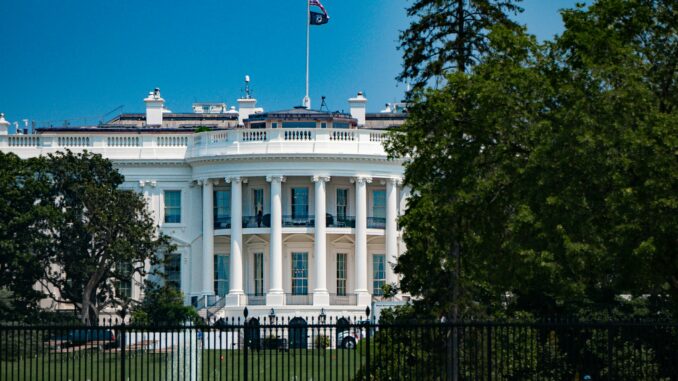
President Biden has issued the US’ first-ever National Security Memorandum (NSM) on AI, addressing how the nation approaches the technology from a security perspective.
The memorandum, which builds upon Biden’s earlier executive order on AI, is founded on the premise that cutting-edge AI developments will substantially impact national security and foreign policy in the immediate future.
Security experts suggest the implications are already being felt. “AI already has implications for national security, as we know that more and more attackers are using AI to create higher volume and more complex attacks, especially in the social engineering and misinformation fronts,” says Melissa Ruzzi, Director of AI at AppOmni.
At its core, the NSM outlines three primary objectives: establishing US leadership in safe AI development, leveraging AI technologies for national security, and fostering international governance frameworks.
“Our competitors want to upend US AI leadership and have employed economic and technological espionage in efforts to steal US technology,” the memorandum states, elevating the protection of American AI innovations to a “top-tier intelligence priority.”
The document formally designates the AI Safety Institute as the primary governmental point of contact for the AI industry. This institute will be staffed with technical experts and will maintain close partnerships with national security agencies, including the intelligence community, Department of Defence, and Department of Energy.
“The actions listed in the memo are great starting points to get a good picture of the status quo and obtain enough information to make decisions based on data, instead of jumping to conclusions to make decisions based on vague assumptions,” Ruzzi explains.
However, Ruzzi cautions that “the data that needs to be collected on the actions is not trivial, and even with the data, assumptions and trade-offs will be necessary for final decision making. Making decisions after data gathering is where the big challenge will be.”
In a notable move to democratise AI research, the memorandum reinforces support for the National AI Research Resource pilot programme. This initiative aims to extend AI research capabilities beyond major tech firms to universities, civil society organisations, and small businesses.
The NSM introduces the Framework to Advance AI Governance and Risk Management in National Security (PDF), which establishes comprehensive guidelines for implementing AI in national security applications. These guidelines mandate rigorous risk assessment procedures and safeguards against privacy invasions, bias, discrimination, and human rights violations.
Security considerations feature prominently in the framework, with Ruzzi emphasising their importance: “Cybersecurity of AI is crucial – we know that if AI is misconfigured, it can pose risks similar to misconfigurations in SaaS applications that cause confidential data to be exposed.”
On the international front, the memorandum builds upon recent diplomatic achievements, including the G7’s International Code of Conduct on AI and agreements reached at the Bletchley and Seoul AI Safety Summits. Notably, 56 nations have endorsed the US-led Political Declaration on the Military Use of AI and Autonomy.
The Biden administration has also secured a diplomatic victory with the passage of the first UN General Assembly Resolution on AI, which garnered unanimous support, including co-sponsorship from China.
The memorandum emphasises the critical role of semiconductor manufacturing in AI development, connecting to Biden’s earlier CHIPS Act. It directs actions to enhance chip supply chain security and diversity, ensuring American leadership in advanced computing infrastructure.
This latest initiative forms part of the Biden-Harris Administration’s broader strategy for responsible innovation in the AI sector, reinforcing America’s commitment to maintaining technological leadership while upholding democratic values and human rights.
(Photo by Nils Huenerfuerst)
See also: EU AI Act: Early prep could give businesses competitive edge
Want to learn more about AI and big data from industry leaders? Check out AI & Big Data Expo taking place in Amsterdam, California, and London. The comprehensive event is co-located with other leading events including Intelligent Automation Conference, BlockX, Digital Transformation Week, and Cyber Security & Cloud Expo.
Explore other upcoming enterprise technology events and webinars powered by TechForge here.





Be the first to comment